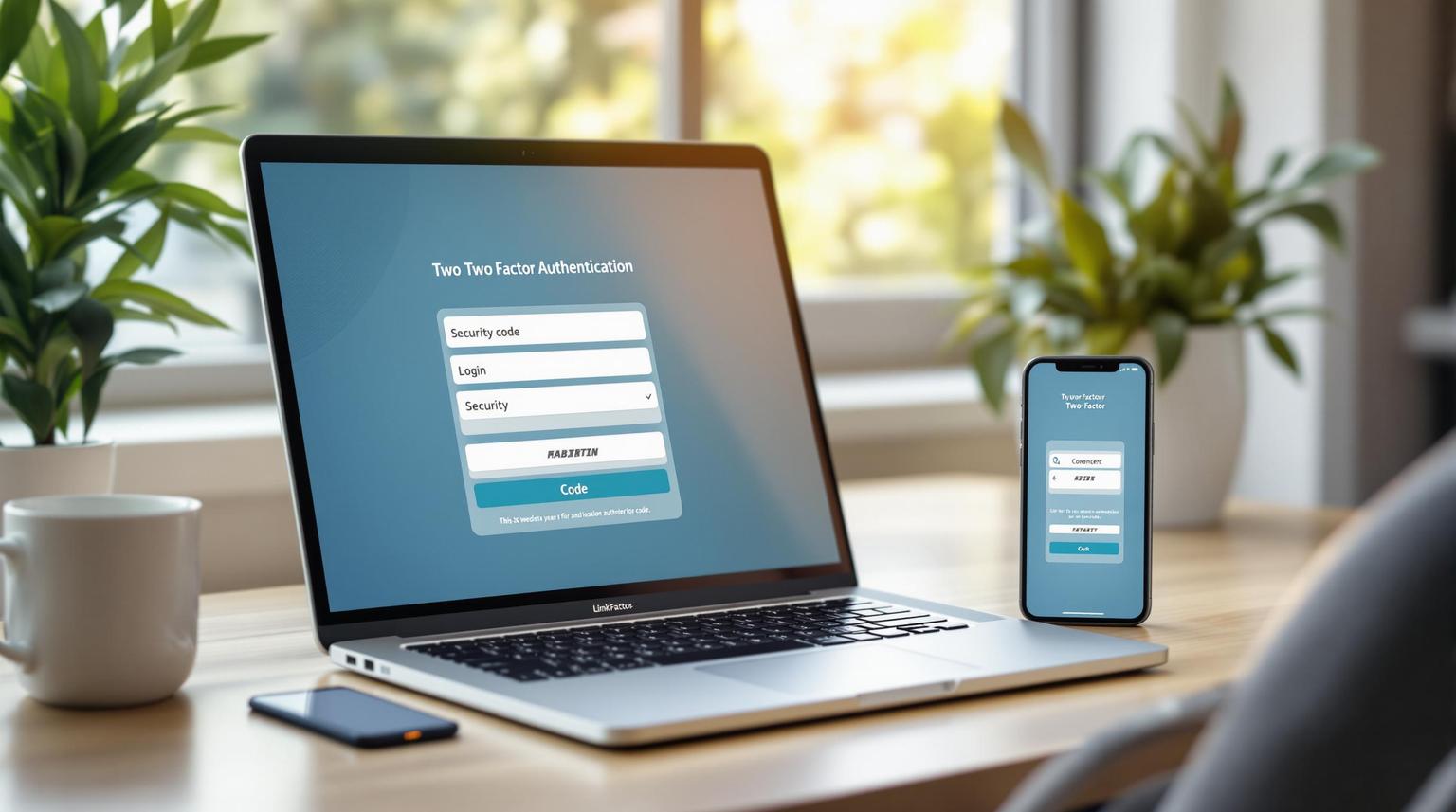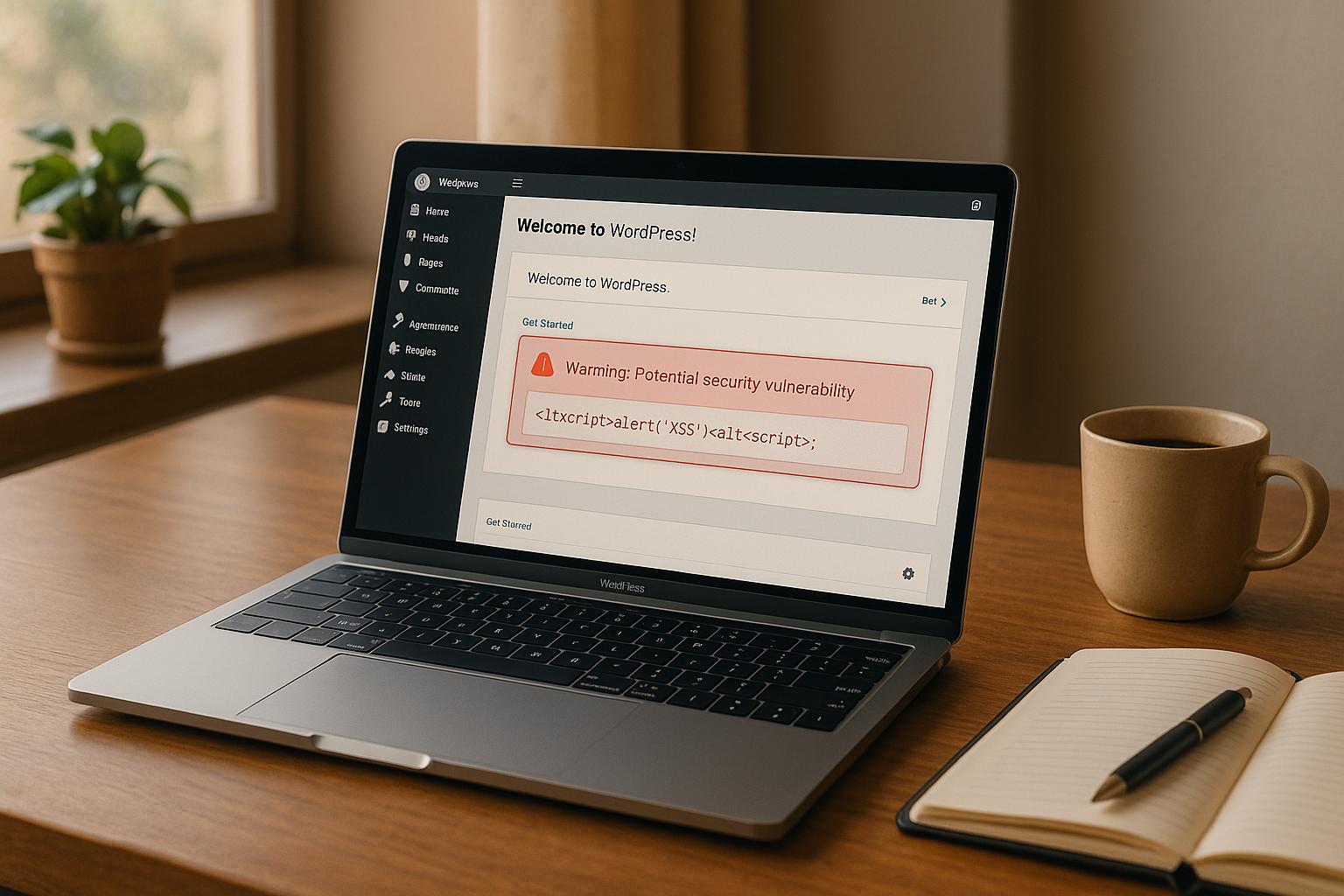The COVID-19 pandemic is changing life as we know it. The majority of employers have had to shift their businesses to a work-from-home model to help flatten the curve. However, if your employees work with a lot of secure data, you may be worried about security.
Working remotely is certainly convenient but there are a number of risks involved too – data breaches being one of them. Employers might have less control but there are still practices you can implement to keep your data secure.
Both employees and employers need to accept responsibility for protecting sensitive information. It’s also up to company leaders to educate employees on data security and its importance. From there, practices and procedures can be used to make data protection a priority.
Practices for Keeping Data Secure During a Pandemic
Here are our recommendations for how you can keep company data safe while your employees are out of the office indefinitely.
Put a Cybersecurity Policy In Place
It’s hard to believe but there are many employees who still don’t understand the importance of data security. This includes both personal and professional data. Employees need to understand that just because they’re not in management or working with customer data doesn’t mean they don’t need to worry about data security.
The best way to ensure everyone’s on the same page is to put a cybersecurity policy in place. All employees need to read through and sign the policy. This way, nobody can claim they weren’t aware of it. So, what should you include in your policy? Consider including the following:
- Why have you put the policy in place?
- Security protocols that need to be followed by employees
- The tools that can be used to implement these protocols
- Who to contact about support
The policy doesn’t need to be complex. Instead, it should be easy to understand and implement, regardless of who the employee is.
Use Virtual Private Networks
Next, you want to ensure all internet connections are secure. Any employees that are using unsecured Wi-Fi networks could end up exposing company data. The easiest way to ensure that an internet connection doesn’t compromise your company network is to use virtual private networks (VPNs). A VPN encrypts internet traffic and also monitors for any security breaches. There are a large number of VPNs to choose from but they’re not all good. Take the time to pick a reputable VPN provider that meets your specific requirements. From there, you simply need to get each employee to install it.
Re-evaluate Passwords
Strong passwords can also make a massive difference when it comes to keeping sensitive data secure. Educate your employees on the importance of strong passwords and encourage them to update any work-related passwords. If you don’t feel your most important system passwords are strong enough, now’s a good time to re-evaluate and change them. Too many people are using the same passwords across websites and devices, increasing the risk of a cyberattack. Installing password managers is another excellent way to keep your data as secure as possible. Not only does it keep your most important passwords safe, but these tools can help you generate stronger passwords too. Your employees also won’t need to worry about remembering complicated passwords either. They simply login directly from the password manager.
Two-Factor Authentication Helps Too
To improve data security management, many organisations are also using two-factor authentication. This way, users need to enter a username, password and an additional piece of information to access data. This way, even if a password is compromised, there is still an extra layer of security in place. Some organisations are even making the move to multi-factor authentication, which requires biometric identification. However, since this can be very expensive to set up, only larger organisations currently have this in place.
Install a Firewall and Antivirus Software
Ensure that all employees have antivirus software installed on their devices, including work smartphones and tablets. It’s also important that your servers have a firewall in place. As an added bonus, find antivirus software that will allow you to remotely wipe a mobile device or tablet. This way, if a device is stolen, you have some control over what can be accessed. If employees will be installing this software remotely, you may want to assign someone as a support agent. It’s important to make sure that all employees have the software installed and set up correctly. If you don’t have an in-house tech support team, there are a number of businesses that offer this exact service.
Protect Your Website
Website security should also be taken into consideration during this time, particularly if the backend contains sensitive data. There are a number of steps you can take to secure your website. From placing it on a dedicated server to installing malware protection software. If your website is running on the WordPress platform, there is a wide selection of plugins available that can increase protection. Read this to find out whether your website’s at risk of being hacked and what you can do about it.
Look Into Encryption Software
Encryption software is designed to bar access to data from any unauthorised users. Again, if an employee’s device is stolen, having encryption software installed will help keep data more secure. If employees are using any third-party applications to chat or email, make sure end-to-end encryption is in place.
Moving your business away from the office can be a stressful process but it doesn’t need to put your data at risk. It all starts with ensuring that your employees are educated. Next, it’s ensuring the right policies and practices are in place, which will include using the right tools and software. It might be an adjustment if data security has never been a major priority but your organisation will be stronger for it.







